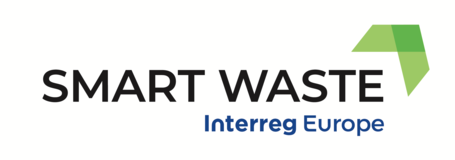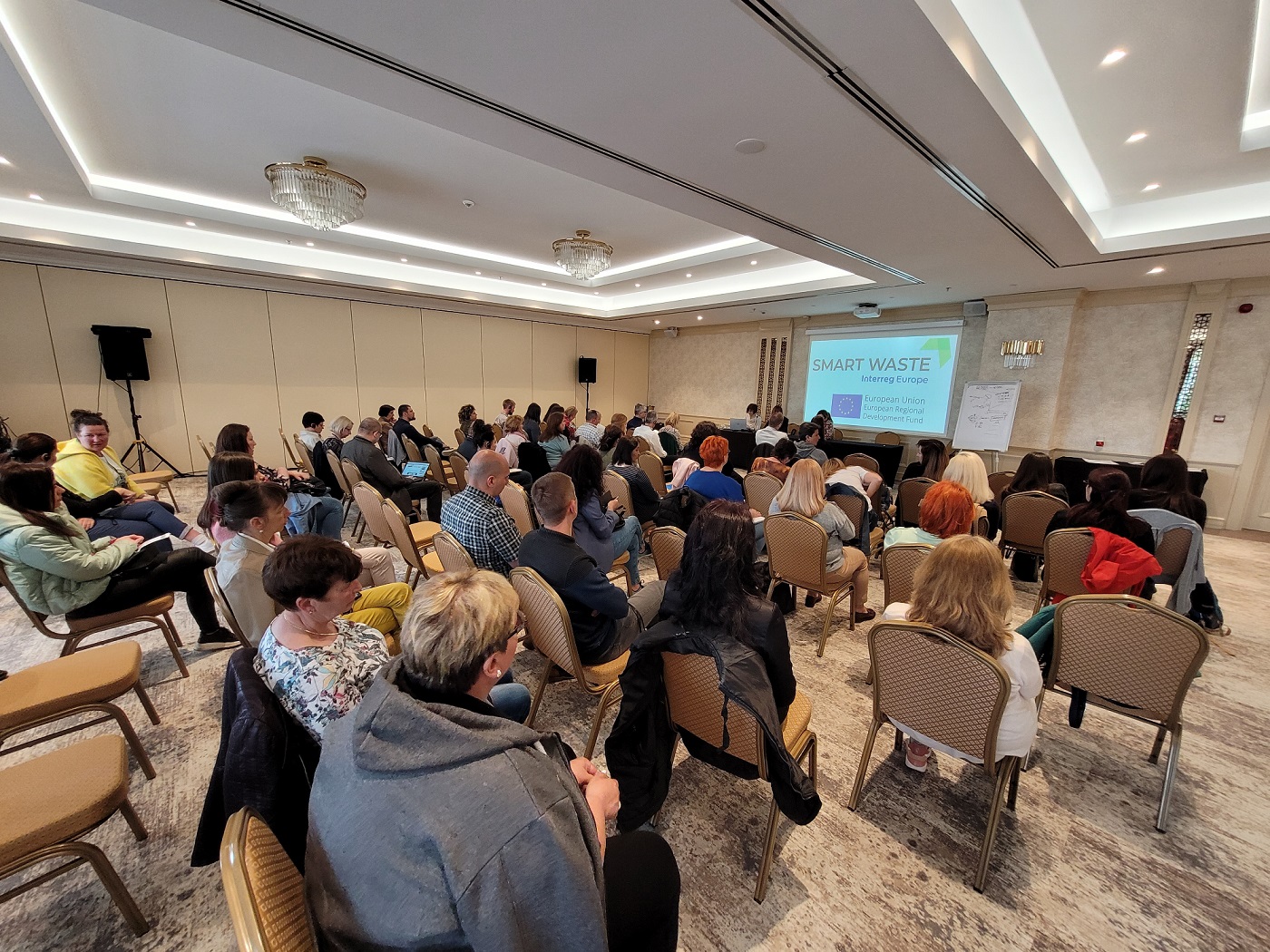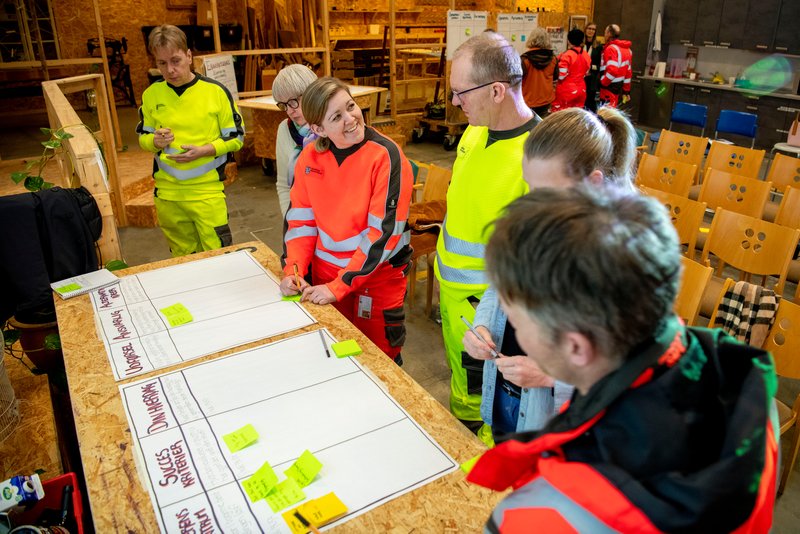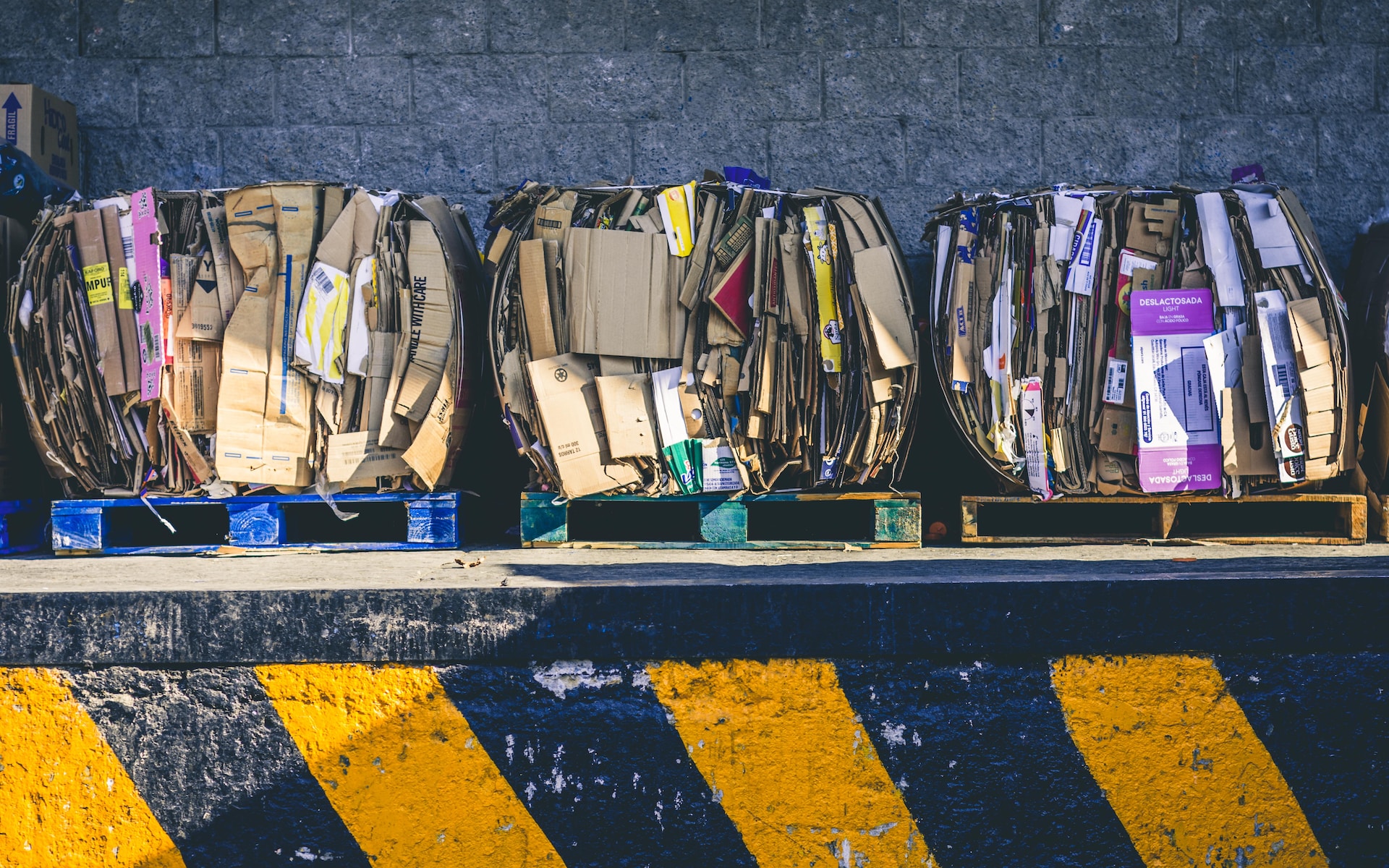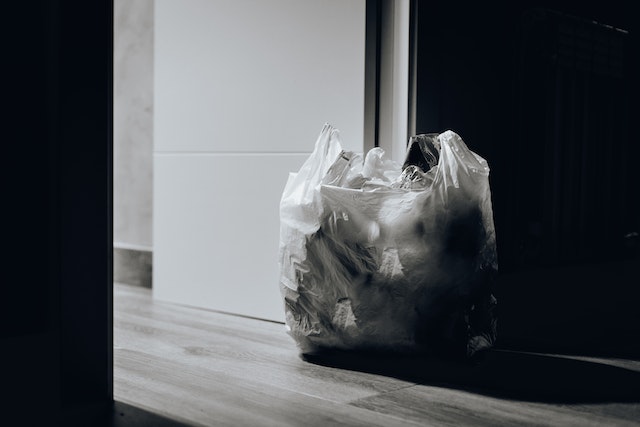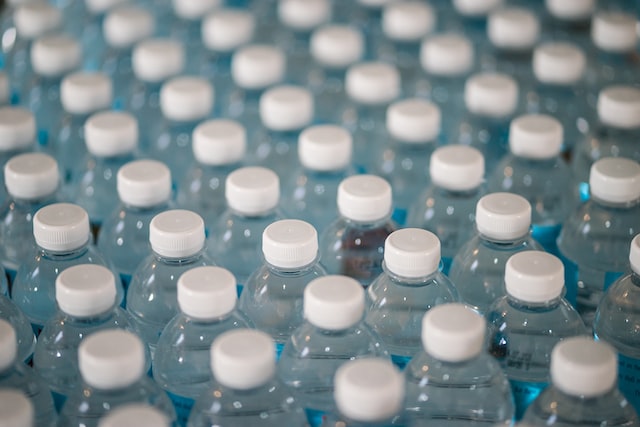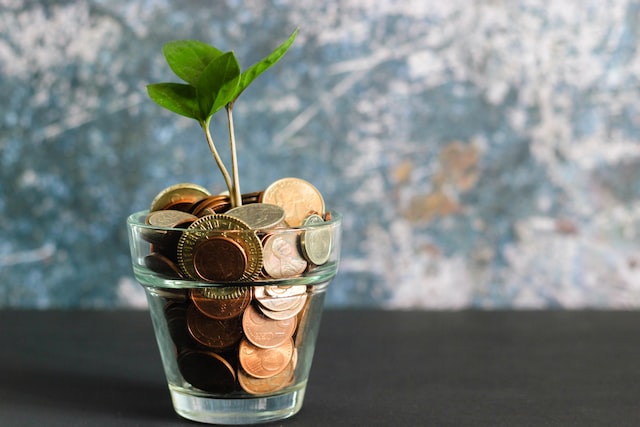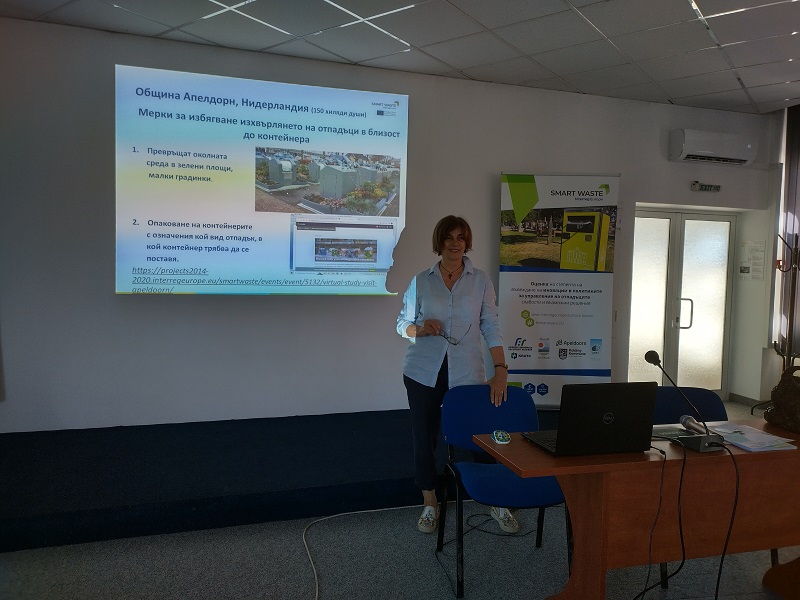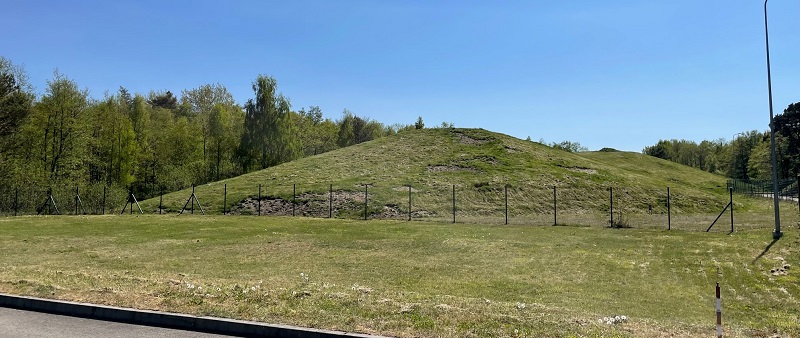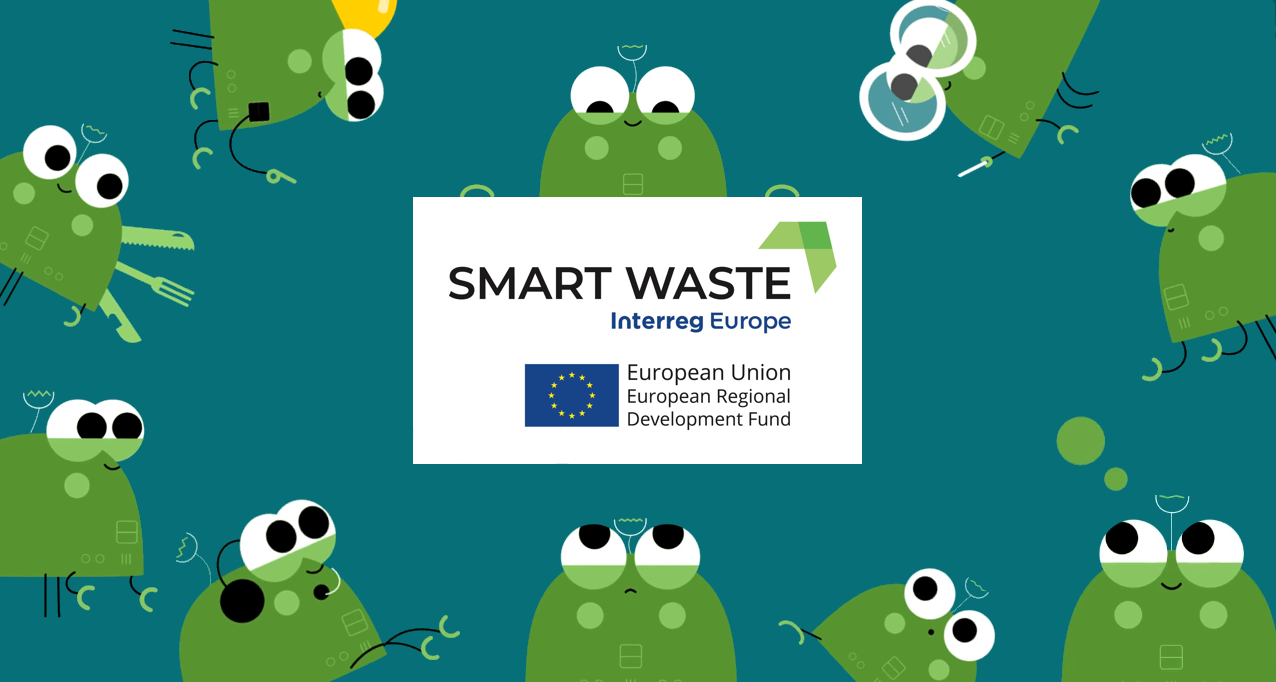To start 2021 with the right foot, the SMART WASTE project published 5 inspiring Good Practices related to innovation in waste management. Have you seen them? You can find below a short introduction to each of them. More Good Practices will appear in the coming months so make sure you are regularly visiting the Good Practices page of the SMART WASTE website!
- The LIFE RE Mida project, mitigating residual landfill gas emissions
The LIFE RE Mida Project developed full-scale technologies for the treatment of low-calorific value landfill gas in managed and unmanaged landfills. For that, two innovative biofiltration technologies were develop, to biologically oxidase methane on the one hand and to mitigate odour and NMVOCs emissions. The project was not only about theory, an active biofilter was built in Podere Il Pero Landfill (Arezzo, Italy); while Le Fornaci di Monticiano Landfill (Siena, Italy) welcomed seven passive biofiltration systems (biowindow). More here.
- Integrated waste management in the Municipality of Burgas
To improve the service offered to citizens and tourist, the Burgas municipality in Bulgaria has upgraded its collection and disposal scheme. It now includes new information system, transportation vehicles, bins for separate collection and underground points, treatment facilities and communication tools. As an example, every bin has an identification code and the authorities are informed when the point should be maintained. More here.
- COCONAT: Innovative production processes of tanning agents and dyes from agri-food waste materials
Valorising agri-food waste and reducing the environmental impact of the leather and tanning industry can be a challenge. Applying the principle of industrial symbiosis, the COCONAT project offers an integrated solution based on the extraction of polyphenols from food waste to be used as natural dyes and tanning agents, replacing chemical agents. More here.
- REVYTA, REcupero Vetroresina Yacht Treni cAmper
About 100,000 tonnes of fiberglass reinforced plastic FRP are produced every year in Italy and unfortunately most of it end up in landfills. Until the REVYTA project… This project developed and validated an innovative process for recycling and recovery of FRP, and marketing of new recycled FRP goods. In addition to working on the technical side of the question with the automatization and mechanization of disassembly operations, the project elaborated a new management proposal of the entire supply chain of GRP in Tuscany. More here.
- VALE, valorization of agri-food wastes for olive oil production
A new and innovative olive oil product with augmented nutraceutical value but without affecting organoleptic properties has been developed by the VALE project. How? It valorises waste from the oil production (olive oil pomace, olive leaves, refinery distillates) or from wine production (grape pomace), through processes designed and tested during the project. More here.
